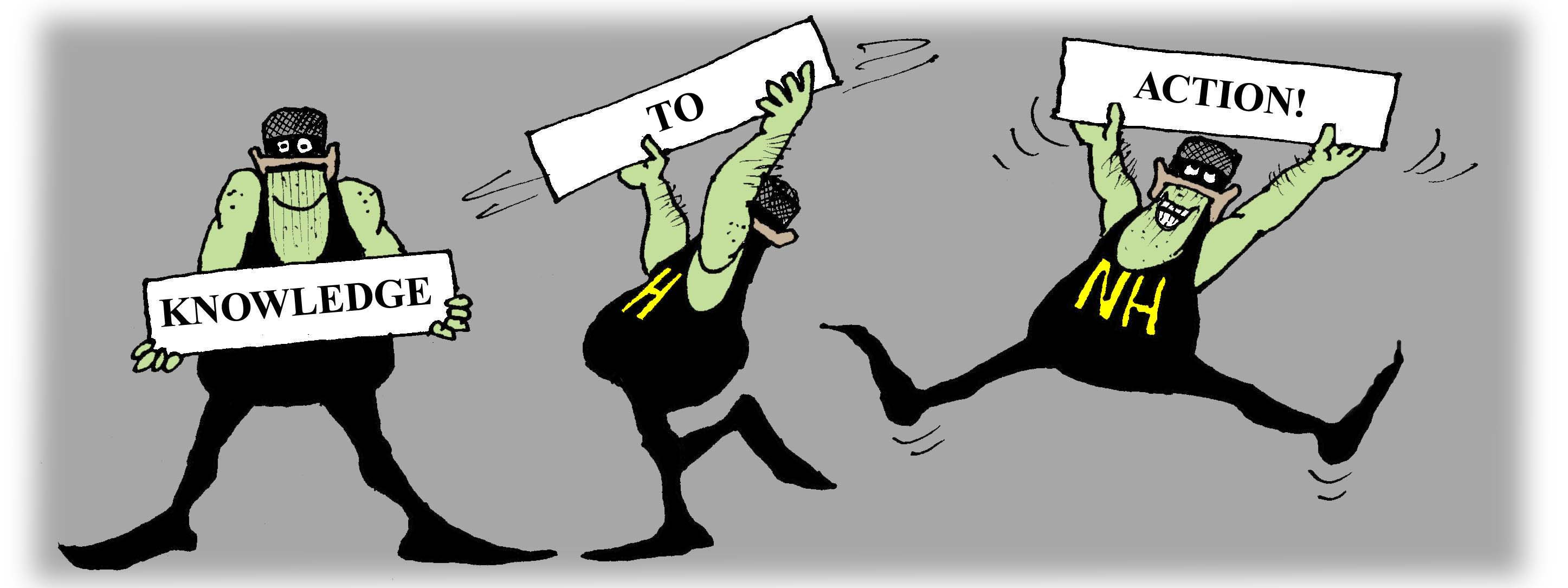
Knowledge to Action: Reducing Hazards Losses and Promoting Disaster Resilience
With each passing year, the hazards and disaster community accumulates more and more knowledge on the causes and consequences of extreme events. Simultaneously, the number of people negatively affected—due to population growth, climate change, unsustainable development, poor land use planning, rising inequality, and numerous other challenges—continues to climb. The result is a disproportionate loss of life among the world’s poorest people and lopsided economic losses in the wealthiest nations.

This year’s Workshop will address this paradox with sessions that promote an exchange of ideas about how we can move knowledge into action, including in households, in businesses, in the classroom, in communities, and everywhere policy is made and implemented.
We are planning some sessions that highlight strategies and programs with a strong foundation in theory and research—that is, evidence-based approaches. Others will focus on how these initiatives are created, funded, implemented, evaluated, and maintained in different contexts. Theme-related session topic areas include:
- State-of-the-Art Knowledge in Hazards and Disaster Research
- Funding Streams and Research Projects Designed with Action in Mind
- Translating Knowledge to Action: Research, Teaching, Mentoring, and Community-Building Activities
- Evidence-Based Initiatives and Policies
- Community-Initiated Programs and Participatory Research Initiatives
- Actions to Reduce Vulnerability
- Novel Strategies for Communicating Knowledge and Action
- Overcoming Obstacles and Incentivizing Action
We look forward to featuring the work of researchers, practitioners, and policy makers representing the public and private sectors as well as humanitarian, non-profit, and faith-based organizations both nationally and internationally.
Please take care of yourself and others.
Lori Peek, Director
Natural Hazards Center